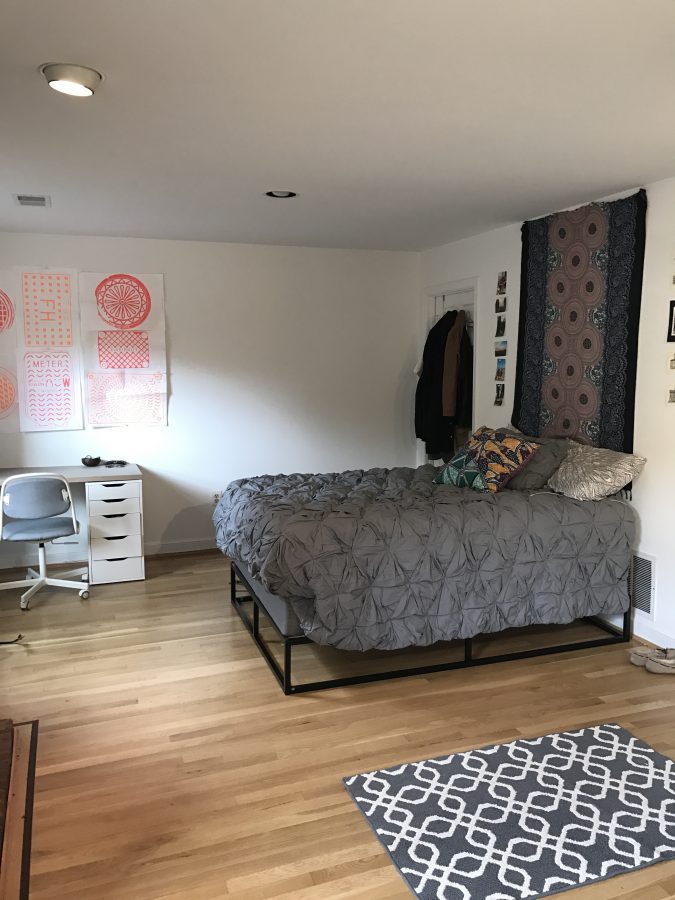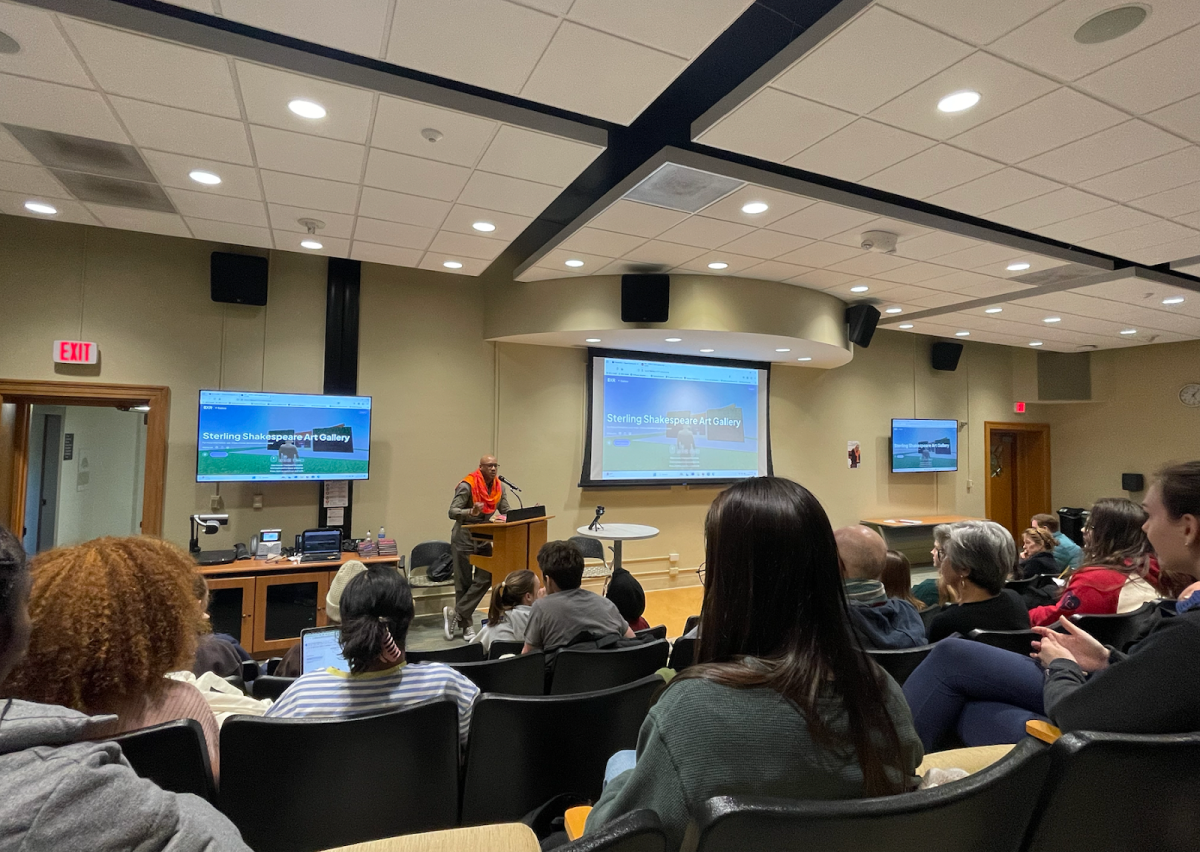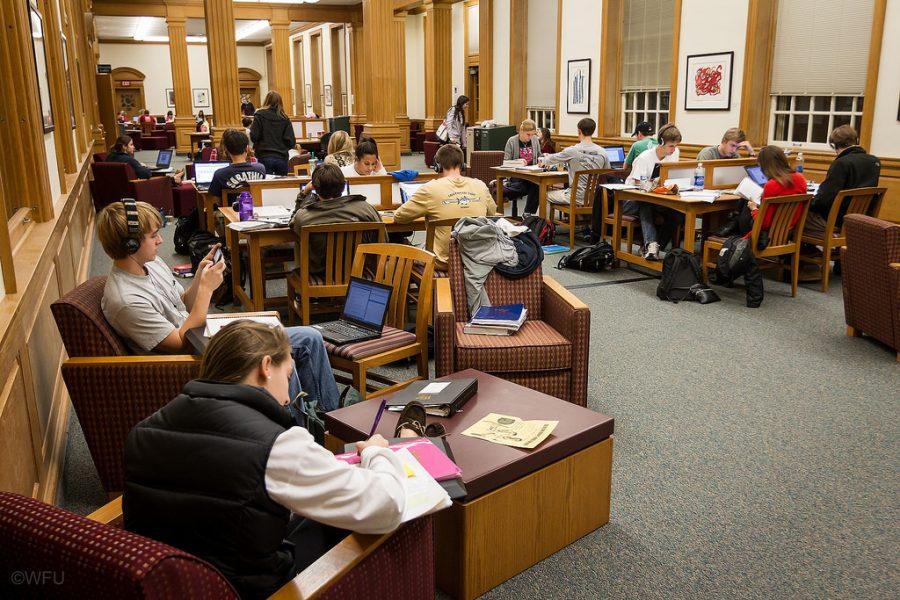As the ambitious, high-achieving young professionals Wake Forest students tend to be, most of you are likely looking for summer housing in cities across the country for summer internships. Whether it be Washington D.C., New York City, Charlotte or somewhere far-west like Los Angeles, looking for housing as an undergrad is overwhelming.
Internships, if paid at all, are paid minimally and are by default short-term, meaning no real leases can be signed. For these reasons, being smart and intentional in a housing search is crucial to make sure you’re getting the most out of your summer experience while also not getting scammed into overpaying for rent.
Last summer I spent three months in Washington D.C. for a politics internship. Going into the summer I knew I was on a restricted budget because my internship paid very little, and I was also stressed about housing, as I knew nobody in Washington. Eventually, however, I found a space in Georgetown for the absurdly cheap price of $600/month for my own bedroom and bathroom. This rate for a room in a new Georgetown townhouse did not just happen into my life, however, it came with over a month of searching and reaching out to random people. For luck with your summer housing, here is some advice.
Join all of the Facebook groups available. To get your housing from a complete stranger online may sound an internal alarm at first, but more often than not, these Facebook users are just other students or young professionals looking for short-term subleases. These Facebook groups exist in every city, and bigger cities have multiple groups. I found my housing from a Georgetown University subleasing group, but for my job in Charlotte this summer, I looked at UNCC and other Charlotte housing groups.
To ensure you aren’t getting into trouble with online personalities, have them send additional photos of the space and sign an official lease agreement with them once you agree on a price and move-in date. Craigslist works the same way, and usually offers even cheaper options than Facebook, but it’s harder to verify the validity of the person listing the apartments on the site. Regardless of whether you use Craigslist or Facebook, try and visit the location before agreeing to pay if possible. If not, either have a friend from the area visit or ask the seller to send you photos and/or videos of the space to make sure it’s what you’re looking for, and what was listed.
Another option is to reach out to people you know living in the area. Whether other students or family friends, you most likely have some connection to the place you’re choosing to live and work over the summer. If these people don’t have an extra bedroom to offer you, they may, at a minimum, know someone else that they can connect you with, or have insight into the best places to live in the area. Locals have better advice to offer about their cities than you can find from research, meaning recommending the safest places to live, easiest commutes or even the most fun areas for young people to move to.
While searching for and ultimately finding an internship is a stressful process in itself, figuring out where to live in an unknown city is another added layer of stress. For students, it’s easy to overpay for summer housing through other universities or housing organizations, but being creative and using all available resources — such as the internet and personal connections to the city — will allow you to find the best option for the best price.
















